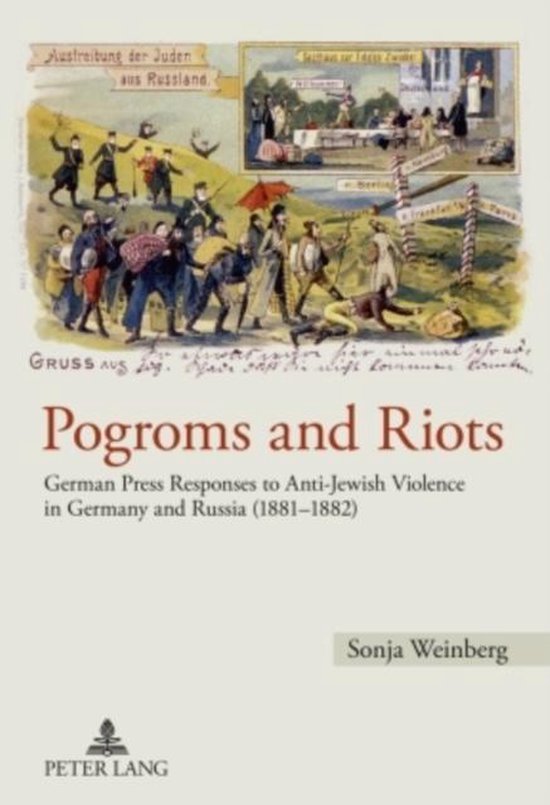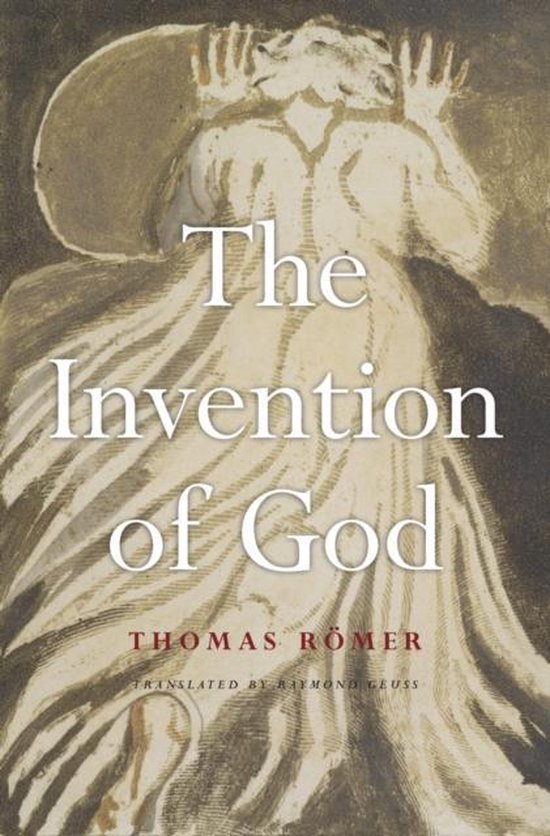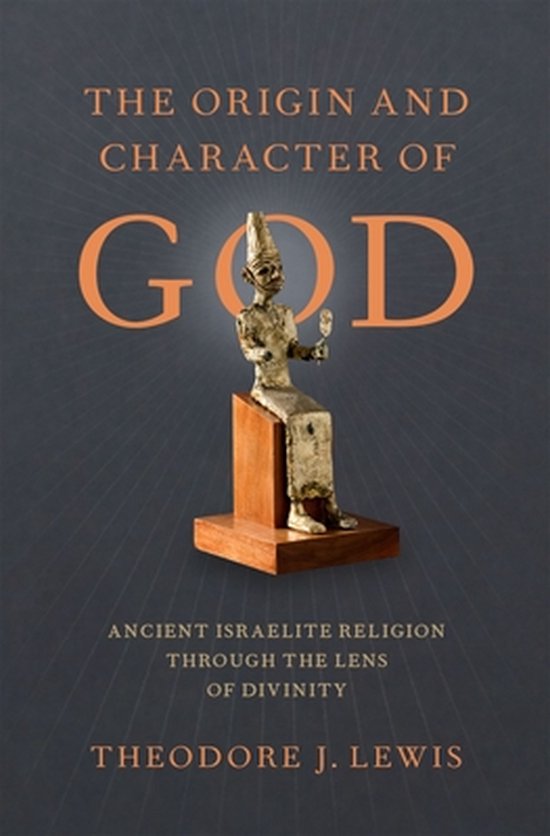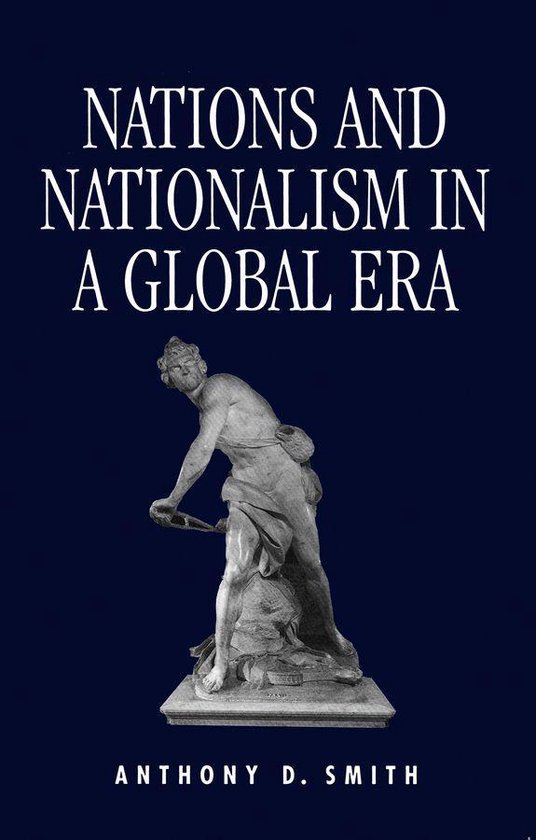
Pogroms and Riots
The establishment of universal manhood suffrage and legal equality for Jews in Germany in the 1860s and 1870s gave way to the rise of political anti-Semitism to a degree not witnessed before. This study explores the heated debate which unfolded in 1881 and 1882 in the German press in response to these events.
The establishment of universal manhood suffrage and legal equality for Jews in Germany in the 1860s and 1870s gave way to the rise of political anti-Semitism to a degree not witnessed before. In Russia too, as a consequence of the reform era (1855-1881), the «Jewish Question» became one of the most hotly debated topics. In 1881 and 1882 the anti-Semitic climate in Germany and Russia culminated in anti-Jewish pogroms sweeping over parts of Prussia and Southern Russia. This study explores the heated debate which unfolded in 1881 and 1882 in the German press in response to these events. The simultaneity of the pogroms in Russia and Germany offers a unique opportunity to examine the response of German commentators to both domestic and foreign anti-Jewish violence.
The establishment of universal manhood suffrage and legal equality for Jews in Germany in the 1860s and 1870s gave way to the rise of political anti-Semitism to a degree not witnessed before. In Russia too, as a consequence of the reform era (1855-1881), the «Jewish Question» became one of the most hotly debated topics. In 1881 and 1882 the anti-Semitic climate in Germany and Russia culminated in anti-Jewish pogroms sweeping over parts of Prussia and Southern Russia. This study explores the heated debate which unfolded in 1881 and 1882 in the German press in response to these events. The simultaneity of the pogroms in Russia and Germany offers a unique opportunity to examine the response of German commentators to both domestic and foreign anti-Jewish violence.
| Auteur | | Sonja Weinberg |
| Taal | | Engels |
| Type | | Hardcover |
| Categorie | | Mens & Maatschappij |



